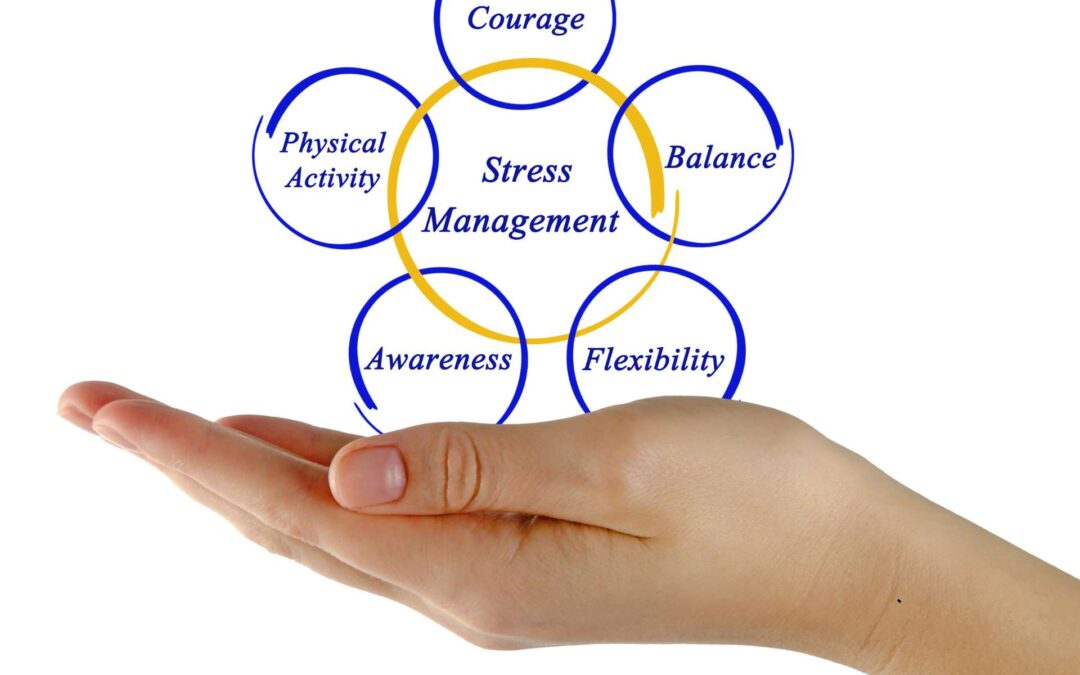Lying is a common behavior in children and adolescents, but it can sometimes be a sign of underlying psychological or environmental factors, including mental health conditions. At New Insights Behavioral Health in Connecticut, we aim to help parents and caregivers understand the complexities of lying and provide strategies to address it effectively.
Age and Development
Lying can occur at different stages of a child’s development, and understanding the typical patterns can help parents respond appropriately. In early childhood (ages 2-5), young children may lie due to their limited understanding of reality and fantasy. They might also lie to avoid punishment or to gain approval. At this age, lying is often a natural part of cognitive and social development as children learn about social norms and the consequences of their actions.
As children grow older, during middle childhood (ages 6-12), they become more adept at lying, often using it to navigate social situations, avoid punishment, or gain advantages. Peer influence becomes more significant, and children might lie to fit in or impress their friends. In adolescence (ages 13-18), lying can become more sophisticated and may be used to assert independence, protect privacy, or avoid conflict with authority figures. During this stage, lying can sometimes be used to cover up risky behaviors or mental health issues.
Psychological and Environmental Factors
Various psychological and environmental factors can contribute to lying in children and adolescents. Psychological factors include low self-esteem, where children and adolescents with low self-worth might lie to enhance their self-image or gain approval from others. Anxiety and stress can also lead to lying as a coping mechanism, allowing children to avoid situations that cause them discomfort. Some children may lie to gain attention or sympathy, especially if they feel neglected or undervalued.
Environmental factors play a significant role as well. Family dynamics, such as inconsistent parenting, high levels of conflict, or lack of communication, can contribute to lying. Children might lie to avoid punishment or to protect themselves from family stress. Peer influence is another critical factor; peer pressure and the desire to fit in can lead children and adolescents to lie. They might fabricate stories to gain acceptance or avoid social rejection. Additionally, cultural attitudes towards lying and honesty can influence children’s behavior, as lying might be more accepted or even expected in certain situations.
Links to Mental Health Conditions
Persistent lying in children and adolescents can sometimes be linked to underlying mental health conditions. Identifying and addressing these conditions is crucial for effective intervention. Children with Attention-Deficit/Hyperactivity Disorder (ADHD) might lie impulsively or to avoid tasks they find challenging. Their impulsivity and difficulty with self-regulation can contribute to dishonest behavior. Conduct disorder is characterized by a pattern of aggressive or antisocial behavior, including habitual lying. Children with this condition may lie frequently and show little remorse for their actions.
Children with anxiety disorders might lie to avoid situations that trigger their anxiety, using lying as a way to escape or manage their fears. Depression can lead to feelings of hopelessness and low self-worth, causing children and adolescents to lie to hide their symptoms or to avoid further emotional pain.
Addressing Lying in Children and Adolescents
Addressing lying effectively involves understanding its underlying causes and implementing appropriate strategies to promote honesty and trust. Open communication is essential; fostering an environment where children feel safe to express their thoughts and feelings without fear of judgment or punishment can encourage honest conversations and active listening. Consistent and fair discipline strategies that focus on teaching rather than punishing are crucial. Using natural consequences and positive reinforcement can promote honesty and accountability.
Modeling honest behavior is important, as children learn from observing adults. Demonstrating honest and ethical behavior in interactions and discussing the importance of honesty and integrity can positively influence children. If lying is linked to underlying mental health conditions or psychological factors, seeking professional support is vital. Therapists can help address these issues through individual or family therapy, providing strategies to manage lying and improve overall mental health.
Encouraging problem-solving skills can also help children and adolescents handle difficult situations without resorting to lying. Teaching them to develop strategies for managing stress, anxiety, and peer pressure can be beneficial. Offering support and understanding rather than harsh punishment when addressing lying is also crucial. Recognizing the challenges children face and working together to find solutions that promote honesty and trust can create a supportive environment.
Lying in children and adolescents can be a normal part of development, but it can also indicate underlying psychological or environmental factors and mental health conditions. At New Insights, we are dedicated to helping families understand and address the complexities of lying through comprehensive and compassionate care. By fostering open communication, consistent discipline, and seeking professional support when needed, parents and caregivers can promote honesty and well-being in their children. Contact us today for expert guidance and support.






